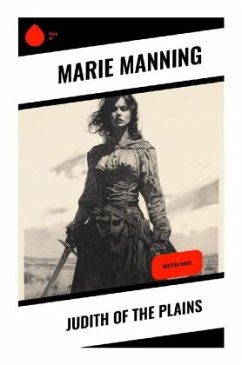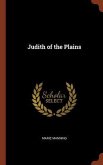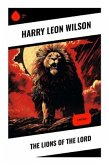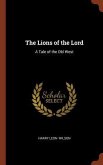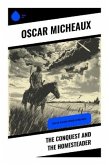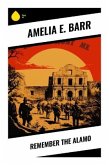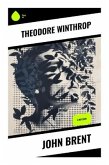In "Judith of the Plains," Marie Manning weaves a poignant narrative that explores themes of identity, survival, and the quest for belonging against the backdrop of the American frontier. The novel is marked by rich, lyrical prose that captures the beauty and brutality of the landscape, immersing readers in the protagonist's journey through formidable challenges. Manning skillfully intertwines historical elements with deep psychological insight, offering a vivid portrayal of Judith, a woman navigating the complexities of her heritage and her place within a rapidly changing world. Through her experiences, Manning echoes the struggles of many who settled the West, creating a nuanced depiction of resilience and hope. Marie Manning, an author with roots in the American West, draws inspiration from her own heritage and the stories of those who came before her. Her profound interest in the interplay between personal and collective histories informs the narrative in "Judith of the Plains," elevating it from a mere historical account to a deeply personal exploration of what it means to be a woman in a patriarchal society. Manning's previous works have garnered critical acclaim for their rich character development and evocative settings, making her a significant voice in contemporary American literature. For those seeking an engaging and thought-provoking reading experience, "Judith of the Plains" is a compelling choice. Manning's ability to capture the essence of frontier life, coupled with her exploration of complex issues surrounding gender and identity, ensures that this novel resonates with a diverse audience. Readers will find themselves reflecting on the enduring spirit of women like Judith, whose stories have often been overshadowed in the annals of history.
Bitte wählen Sie Ihr Anliegen aus.
Rechnungen
Retourenschein anfordern
Bestellstatus
Storno

